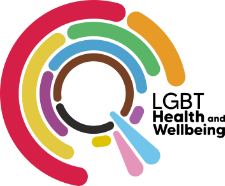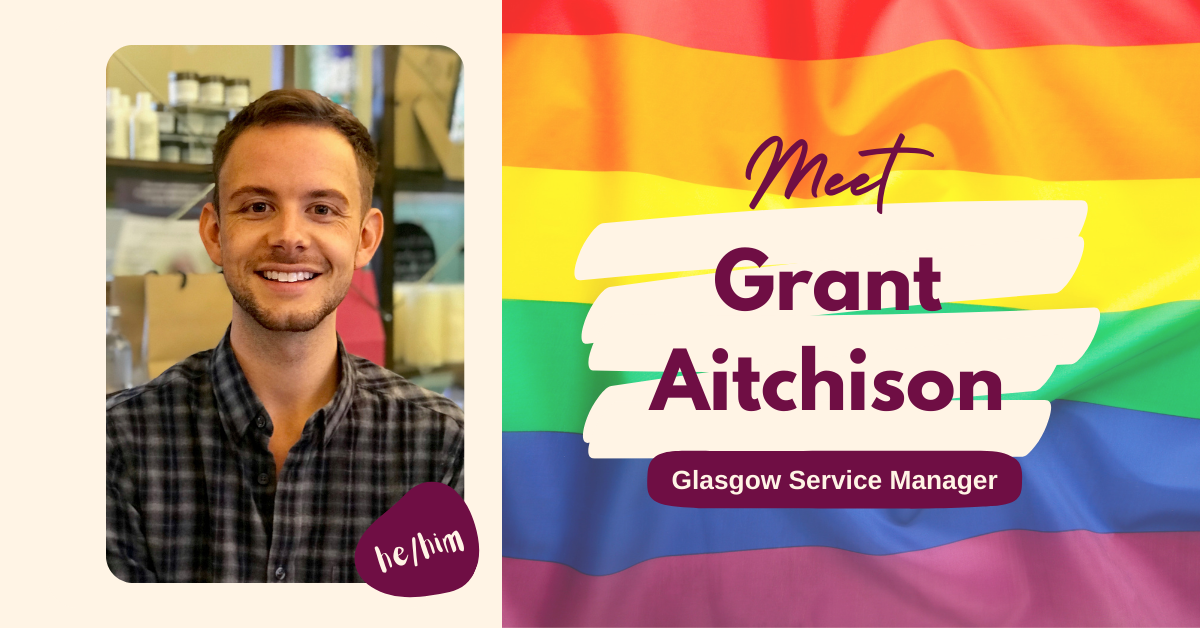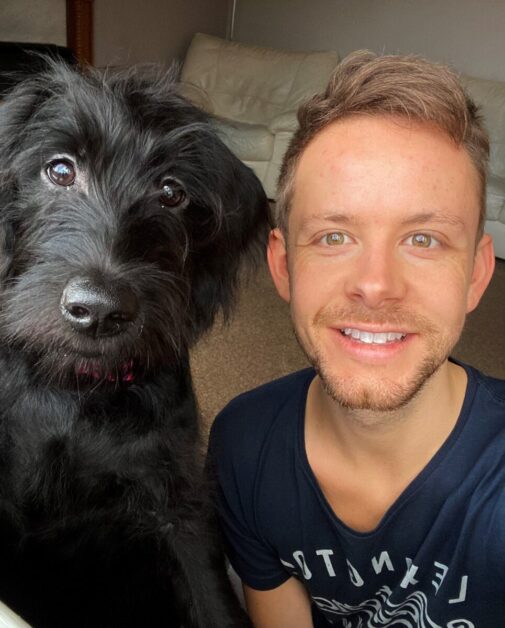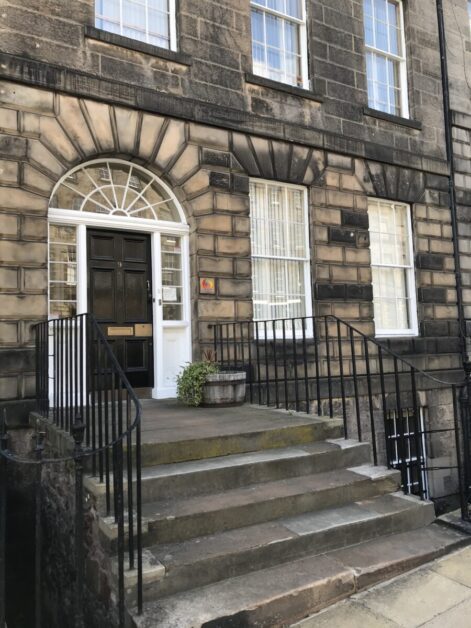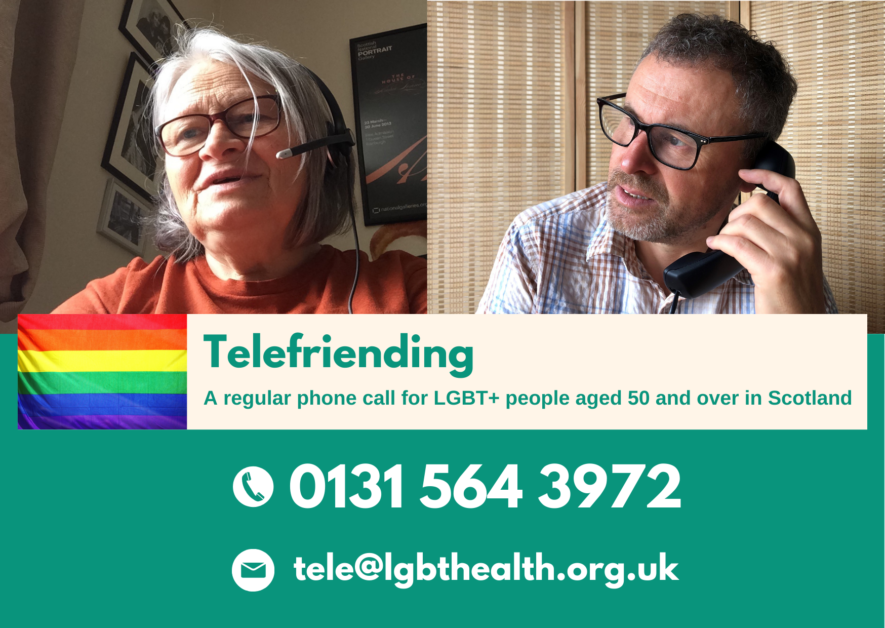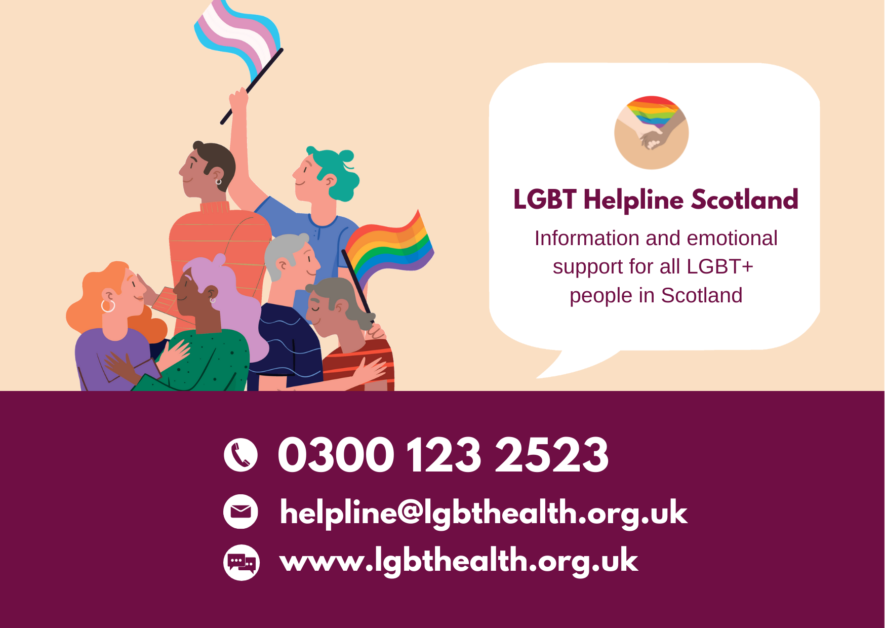What is happening?
The Scottish Government has committed to reforming gender recognition law as a way of improving equality and human rights for trans people. It wants to make the process for changing the gender on your birth certificate more accessible and respectful for trans people.
Last year the Scottish Government did a public consultation to find out what people think about the potential changes. 65% of people who answered said that trans people should be able to confirm their gender by making a legal statement about who they are.
This would be different to the system we have at the moment. A trans person needs to have a diagnosis of ‘gender dysphoria’ and show that they have lived in their gender for 2 years. A panel of medical experts decide whether to recognise the person’s gender or not. It costs £140 to go through this, which is more than a passport or driving license.
The Scottish Government has now published a draft Gender Recognition (Scotland) Bill and is asking people what they think about the Bill.
What does the draft Gender Recognition (Scotland) Bill say?
The draft bill says what the Scottish Government plan to change. The planned changes are:
- You will be able to confirm your gender by making a legal statement about who you are. This is what already happens in other countries such as Ireland, Malta, Argentina and Norway.
- You will not need to provide medical evidence to prove that you are trans.
- You will have to have lived in your gender for 3 months before applying to get a new birth certificate. After you make the application you will be given 3 months to consider your decision before the paperwork can be completed.
- You will be able to apply to get a birth certificate with your correct gender from age 16.
What would be the impact of those changes?
The process through which trans people can get a new birth certificate showing their lived gender would be simpler and less distressing.
There are also some key things that would not change:
- You will still be able to access goods and as the gender you identify with. This includes single-sex spaces and services (e.g. toilets, domestic violence refuges). No-one needs to show a birth certificate to access services.
- You will continue to be protected in the same way by the Equality Act 2010. There is no need to have your transition legally recognised to be protected – you are protected if you identify as trans.
What does LGBT Health and Wellbeing think of the potential changes?
LGBT Health and Wellbeing welcomes the Gender Recognition (Scotland) Bill.
We know that improving the way gender recognition happens will have a positive impact on trans people’s wellbeing.
We feel frustrated that legal change is taking longer than expected. But things are going in the right direction and the Scottish Government want to make positive changes for trans people.
The parts of the bill that will have the biggest impact on trans wellbeing are:
- Removing the need for a medical diagnosis. Being trans is not an illness.
- Respecting a person’s ability to know and affirm their own gender by introducing a system of self-declaration instead of having gender judged by a panel of professionals.
- Reducing the time someone will have to have lived in their gender from 2 years to 6 months. This will include 3 months before the application is made and three months after.
Is there anything missing?
Yes. The law at the moment only allows gender recognition for people who identify as female or male. The bill does not change this.
We believe that non-binary people should have their gender recognised in the same way as other trans people.
Who shares our views on what needs to change?
Equality organisation including Scotland’s LGBTI organisations and gender equality organisations support our views. For example, gender equality organisations published a joint statement to welcome positive changes for trans people. They pointed out that the difficulty and cost of the current system discriminates against trans people who are disabled, unemployed, from a minority ethnic background, homeless, young, who are fleeing domestic abuse, who are migrants and who are non-binary.
Together with Scotland’s LGBTI organisations, we released this statement about the draft bill.
A small but loud group of people are unhappy about the changes. They have said things about trans people that are not true. This has confused people who do not know what it is like to be trans.
How can you help make the positive changes happen?
We will be telling the Scottish Government what we think about the bill and we want to make sure our response represents the views of our trans and non-binary community members. We will share information about the bill and collect feedback from trans and non-binary people at some of our regular groups on the following days:
If you do not usually attend these groups you are really welcome to come along on any of the above days. If you have any access needs, please let us know using the contact details below. The organisers will get in touch with you.
admin@lgbthealth.org.uk
Edinburgh office: 0131 523 1100
Glasgow office: 0141 271 2330
You can also send the Scottish Government your views as an individual. You will find the consultation online here. You can answer as many or as few of the questions as you want.
How we will support our trans community at this time?
We recognise that this is a significant time for trans people and their organisations. It is important that we take care of ourselves.
We will provide support to the trans community throughout this consultation period.
Information and emotional support is available via the LGBT Helpline Scotland between 12 noon and 9pm on Tuesdays and Wednesdays.
The Helpline is also available via Contact Scotland for BSL users.
Over the festive break the helpline is open 12-6pm on 24th and 31st December.
LGBT Health and Wellbeing will respond to the consultation as an organisation. Our response will be based on the views and experiences of our trans community.
 Glasgow Community Lottery is an exciting weekly lottery that raises money for good causes in the area of Glasgow and its residents. To support our cause and the LGBT+ community in Glasgow, you can find our support page here.
Glasgow Community Lottery is an exciting weekly lottery that raises money for good causes in the area of Glasgow and its residents. To support our cause and the LGBT+ community in Glasgow, you can find our support page here. 